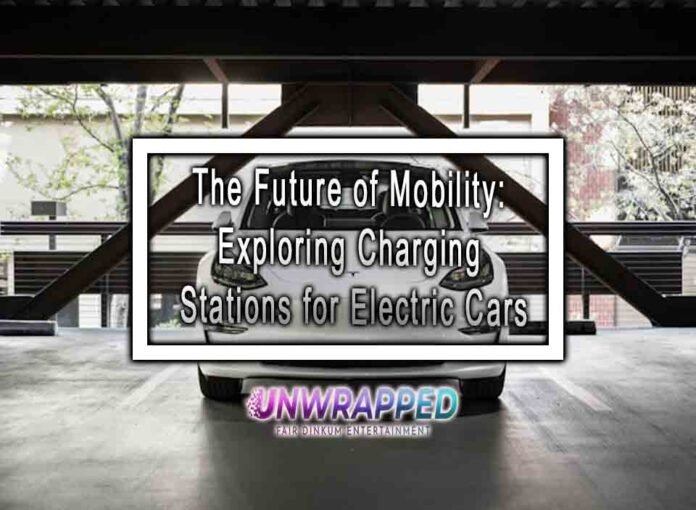The demand for a reliable and extensive charging infrastructure grows as the world continues to adopt electric cars (EVs) in the quest for a greener future. The future of mobility depends on the availability and accessibility of charging stations that electric car owners utilize to charge their vehicles. We will examine the current developments in charging station technology in this blog. Let’s explore the most commonly used stations as electric car chargers.
Types of Charging Stations for Electric Cars
There are various electric car chargers available at charging stations, each designed to fulfill different charging requirements. Here are three of the most commonly used types:
- Level 1 Electric Vehicle Charging Stations: Level 1 electric vehicle charging stations utilize a 120V plug and can be linked to a standard wall outlet. They are affordable and often employed at home but take the longest time to charge.
- Level 2 Electric Vehicle Charging Stations: Level 2 electric vehicle charging stations are utilized in commercial and residential charging stations. The commercial charger employs a 208V AC plug, while the residential charger employs a 240V AC plug. These chargers can deliver up to 10 to 60 miles of travel range per hour of charging.
- Level 3 Electric Vehicle Charging Stations: Level 3 electric vehicle charging stations offer more than 100+ miles of travel range in just 30-40 minutes of steady charging. However, these fast chargers are utilized only in industry and commercial applications. Not all electric vehicles can be charged using these level 3 chargers.
Advancements in Electric Car Chargers
Experts in the industry are working to find solutions to the challenges of charging infrastructure. They are developing innovative advancements that will shape the future of electric car chargers. Here are some key examples of these advancements.
- High-Power Charging: To substantially shorten charging times, high-power electric car chargers producing up to 350 kilowatts are being developed. These ultra-fast electric car chargers will provide enough power to recharge an electric vehicle’s battery completely. In the not-too-distant future, driving long distances in an electric vehicle will be as simple as driving a conventional car.
- Wireless Charging: The utilization of physical cords and connectors will soon be replaced by wireless charging technology. By parking on a charging pad or driving over a charging lane built into the road surface, this technology will enable electric vehicles to charge. There will be no need to manually plug in a cable, making wireless charging more convenient.
- Vehicle-to-Grid Integration: Another idea being worked on by experts is vehicle-to-grid (V2G) interconnection. As a result, electric vehicles will be able to both utilise and return extra energy to the grid. The system will be stabilised, and energy usage will be optimised with the help of this two-way electrical flow. Potentially, V2G integration will transform electric cars into mobile energy storage systems, easing the load on the grid during times of peak demand. This will also promote the integration of renewable energy sources.
Conclusion
The future of electric cars is promising, with charging stations playing a pivotal role in their growth and success. With advancements in technology, the electric car chargers are undergoing a revolution. Partnering with esteemed electrical brands can bring immense benefits to developing and expanding charging stations. These benefits include access to high-quality equipment, dependable infrastructure, and compliance with safety standards.
By working together, the electric vehicle industry and electrical brands can build a robust charging infrastructure. This infrastructure will support the widespread adoption of electric cars and inspire a greener tomorrow.











